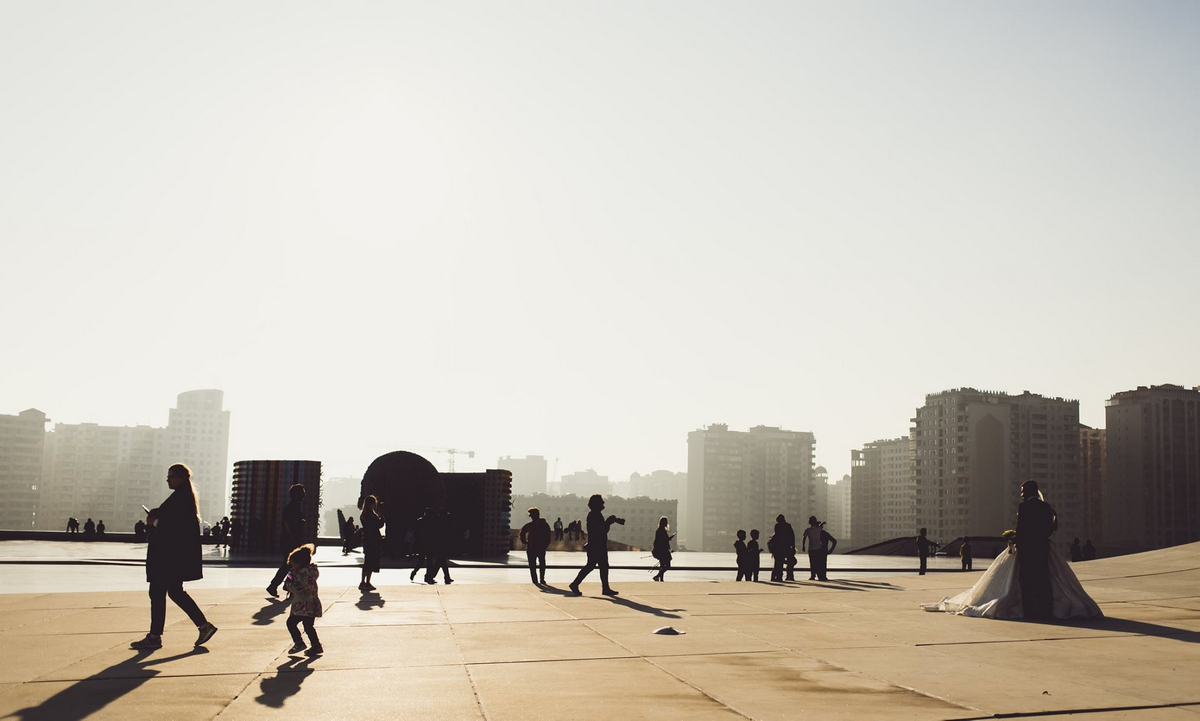Opinion: Is it worth discussing South Caucasian Federation?

Recently, discussions of the idea of a new South Caucasian Federation have been ongoing in the media and social media.
These discussions are rather strange. On the one hand, many in Armenia and Azerbaijan understand that the creation of such a supranational structure is impossible. But on the other hand, they continue to discuss the possibilities of its creation.
And every time they come to the conclusion that it does not make sense.
And the very fact that I am writing about this only adds to the absurdity of the conversation between political scientists and journalists. Because I also understand that the reconstruction of a political structure, under which the three countries of the South Caucasus can merge in a federal ecstasy, is utopian at best, but in reality is simply impossible.
Other commentators also agree with me, so it doesn’t make a lot of sense to continue to talk about it.
But if that’s the case, what am I writing about?
In the late 1980s it might have seemed that the best solution to the dispute over Karabakh was the unification of two Soviet republics – or even three, together with Georgia – into one federal entity – the so-called South Caucasian Federation.
If this happens, then the subject of disagreement (who owns the Nagorno-Karabakh Autonomous Region – and in Soviet times Karabakh was an autonomous region within Azerbaijan) will disappear by itself.
However, this approach, like many ideas about conflict, is naive and oversimplifies a complex and multi-layered problem that has accumulated decades of resentment, bitterness, mistrust and loss, including of human lives.
Apparently, this idea proceeds from the notion that the Karabakh conflict is purely territorial.
- Who can lead Armenia and Azerbaijan to peace if the Minsk group fails?
- Karabakh: another escalation or a new war? How is it related to the war in Ukraine?
- Moscow might withdraw troops from Karabakh amid crisis – Armenian experts on anti-Russian sanctions
But what if we consider it not as a dispute over territories, but as a matter of national self-determination?
Or a more serious humanitarian issue about the right to life of those people who were born and many of whom live in Nagorno-Karabakh – or Artsakh.
In this case, it may turn out that the South Caucasian Federation between Armenia, Azerbaijan and Georgia will simply not be capable of resolving this dispute.
I don’t even want to enter into a discussion of what elements of their sovereignty our countries are ready to give up by transferring them to the jurisdiction of the federal authorities.
For example:
- Are we ready to create a common armed forces (it is clear that we are not ready);
- Can Azerbaijan “share” with its neighbors the income from the oil and gas business (of course not);
- Can Armenia provide its neighbors with a “corridor” with unclear extraterritoriality (of course not).
The point is different.
The perception that Artsakh is a de facto part of Armenia or an unrecognized state associated with Armenia has become central to Armenian national identity.
So important that many in the country are not even able to admit defeat in the 44-day war, because in their understanding this may be due to the abandonment of Artsakh.
But for Azerbaijanis, having control over Karabakh is crucial in terms of national identity.
It turns out that two national identities clash in the conflict. And no federal structures will solve the problem of such depth and seriousness.
There is another consideration.
We, Armenians and Azerbaijanis, have given our governments a mandate to resolve the conflict. But let’s look at the situation from the other side.
Until now, the activities of the political leadership of the two countries have resulted in wars, tragedies, the death of thousands of people and grief for tens of thousands.
We were far from resolving the conflict in 1990, we are very far from it now, no matter what official representatives of Baku say.
For now, let’s be honest with ourselves: politicians who fail to resolve the conflict will not be able to do so in any form of federation.
Actually, as I said, the creation of a federation does not resolve the conflict – it is about something completely different.
In the proposal to discuss any kind of Armenian-Azerbaijani state unity, I actually see a desire to avoid the search for a solution.
They say, “Let the politicians figure it out, we are small people, they decide and so be it”.
We already know how politicians “decide”. Is there any reason to believe that it will be different in the future?
If not, then what?
What new ways can we, ordinary Armenians and Azerbaijanis, who fight and insult each other on social media and are ready to lose momentum arguing about who owns the dolma (aka tolma), find? As if it has anything to do with Artsakh (aka Nagorno-Karabakh), wars, loss of life and human grief.
Yes, it’s a dead end. And the way out of it – let’s be serious – must be sought. But not at all in these ambiguous federation.
Trajectories is a media project that tells stories of people whose lives have been impacted by conflicts in the South Caucasus. We work with authors and editors from across the South Caucasus and do not support any one side in any conflict. The publications on this page are solely the responsibility of the authors. In the majority of cases, toponyms are those used in the author’s society. The project is implemented by GoGroup Media and International Alert and is funded by the European Union





















